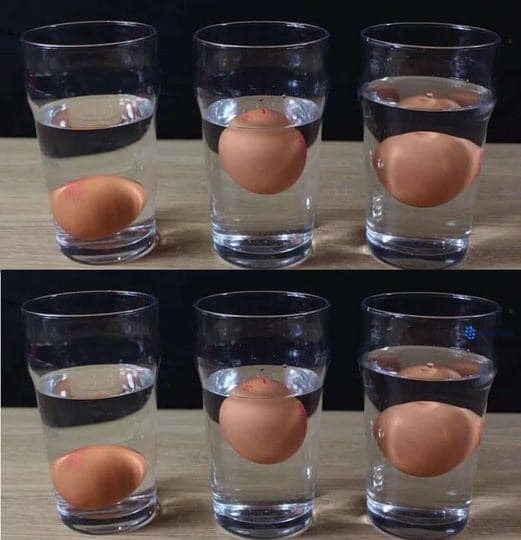Ways to Tell if an Egg is Fresh or Rotten

Eggs are a nutritious and versatile staple in many kitchens, but ensuring their freshness is essential for both taste and safety. This guide will walk you through five effective methods to determine whether an egg is fresh or rotten, giving you confidence in your cooking.
1. Understanding Expiration Dates
Expiration dates on egg packaging are essential indicators of freshness. Regulatory requirements for egg sales mandate these dates. Surprisingly, eggs can remain safe for consumption up to a month past their use-by date if stored properly.
Experience and Expertise Tip:
Having stored eggs beyond the expiration date myself, I can attest to their safety when handled with care. Proper storage, such as refrigeration, plays a vital role in prolonging egg freshness.
2. The Smell Test
Trust your sense of smell to identify spoiled eggs. Sniffing eggs past their expiration date can reveal foul odors, indicating spoilage. To avoid contaminating other ingredients, crack the egg into a separate bowl and assess its smell.
Experience and Expertise Tip:
Personally, I find the smell test to be a reliable method. The distinctive unpleasant odor is a clear sign that the egg is no longer suitable for consumption.
3. Inspecting the Egg’s Shell
Visual examination of the egg’s shell is another valuable technique. Look for abnormalities such as cracks, mold, or unusual textures. After cracking the egg, check for discoloration, as certain colors may signal bacterial growth and potential foodborne illness risks.